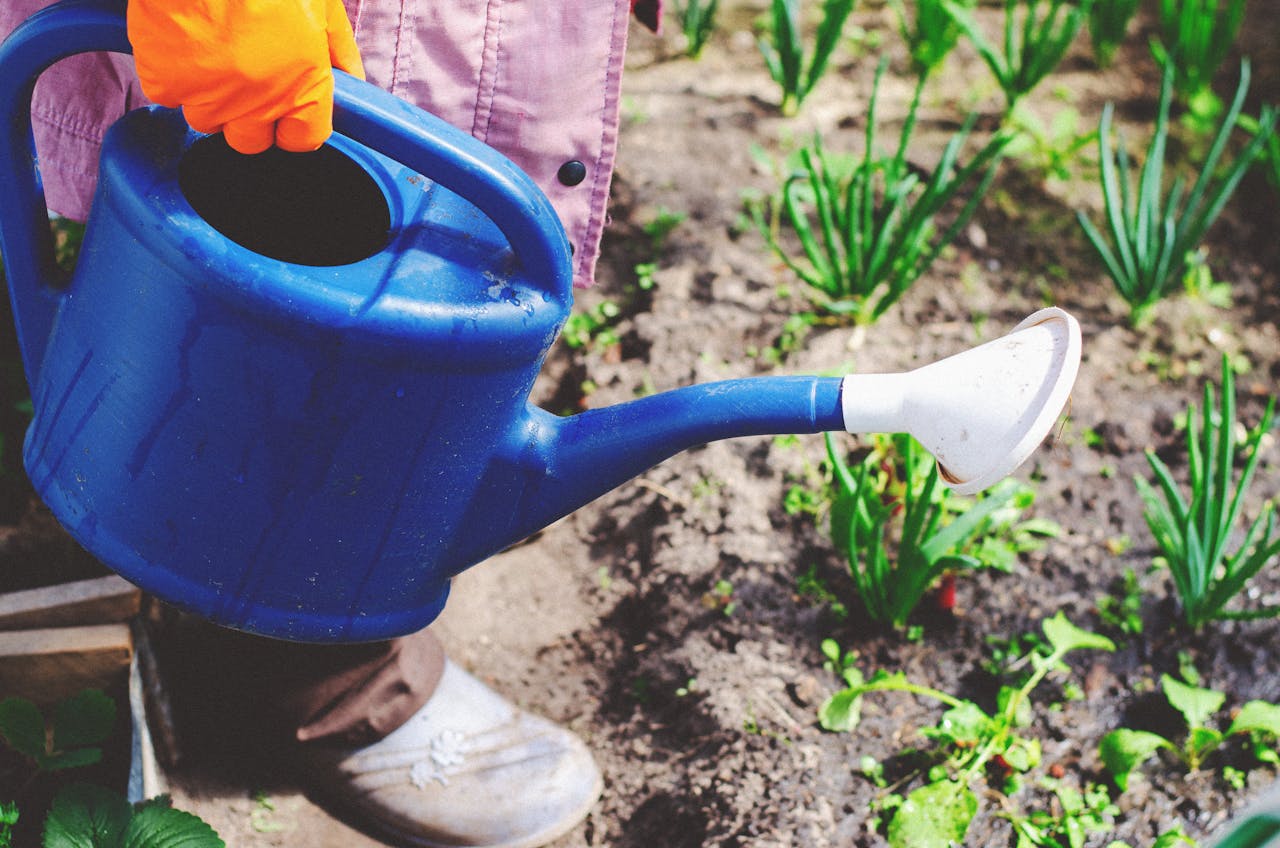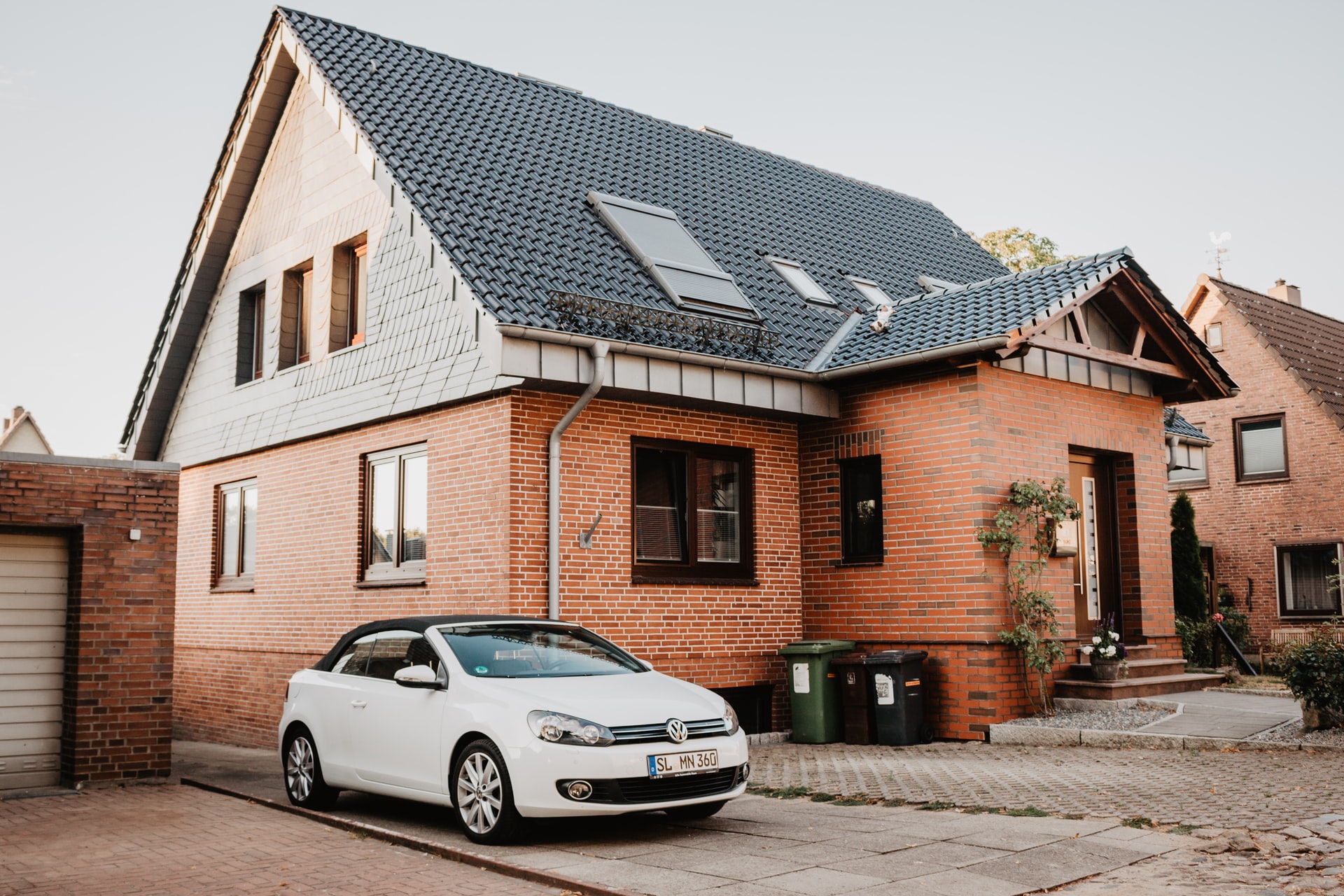How to Save Money in Your Community
Your community can work together to reduce costs and create more sustainable, efficient ways of living for everyone.
By pooling resources, cutting waste and supporting local initiatives, you can help lower living costs in your local area.
Here are some simple ways your community can save money, while building a more connected, sustainable place to live...
Share Resources
Sharing resources within your community can lead to significant savings for everyone involved.
-
Tool Libraries: Start or join a tool library where neighbours can borrow tools and equipment instead of buying new ones. This is particularly useful for items that are only needed occasionally, like power tools or gardening equipment.
-
Car Sharing: Carpooling with neighbours for work, school runs, or shopping trips saves fuel costs and reduces traffic. You could also set up a community car-sharing scheme for those who don't drive regularly.
-
Shared Garden Spaces: If members of your community have limited outdoor space, consider starting a shared garden or allotment. This allows residents to grow their own fruit and vegetables, reducing food bills and promoting sustainability.
Reduce Utility Costs
Communities can work together to lower their collective utility costs, helping residents save money on energy, water, and waste management.
-
Community Energy Projects: Explore local renewable energy projects like community solar schemes. By pooling resources, communities can invest in solar panels or wind turbines to generate clean, low-cost energy.
-
Bulk Buying: Organise bulk buying initiatives for essentials like fuel, heating oil, or food items. Buying in bulk often reduces individual costs, and sharing these savings with the community makes it more affordable for everyone.
-
Community Composting: Set up a communal composting area where residents can dispose of organic waste. This reduces the cost of waste disposal and provides free compost for gardening projects.
Support Local Businesses
Supporting local businesses keeps money in the community and can lead to lower prices on goods and services.
-
Shop Local: Encourage residents to shop at local markets, farm shops, and small businesses. Local businesses are often more flexible with pricing, and you can get better deals by supporting them regularly.
-
Organise a Community Market: Set up a regular community market where residents can sell homemade products, crafts, or excess produce from their gardens. This not only promotes local trade but also offers affordable options for those buying.
-
Bartering and Skill Swaps: Create a local network where residents can barter goods or exchange skills. For example, someone with plumbing expertise could offer their services in exchange for help with a gardening project, saving everyone money.
Reduce Waste and Encourage Recycling
Communities that work together to reduce waste not only save on disposal costs but also protect the environment.
-
Organise Swap Shops: Set up a regular swap event where people can exchange unwanted clothes, books, toys, or household items. This is a great way to give items a second life while saving money on new purchases.
-
Host Repair Cafés: Encourage residents to bring broken items to be repaired rather than thrown away. By organising repair cafés, you can help people save money and reduce the amount of waste going to landfill.
-
Improve Recycling Initiatives: Advocate for better recycling services in your area, such as more frequent collections or recycling points for hard-to-dispose items. Efficient recycling reduces waste disposal costs for the community.
Use Public Spaces Efficiently
Optimising how public spaces are used can help reduce costs and create more value for the community.
-
Community Hubs: Establish multi-use community hubs where local groups, clubs, and businesses can meet or host events. Sharing these spaces reduces the need for expensive venue hires and allows more community members to benefit.
-
Promote Energy Efficiency in Public Buildings: Work with local authorities to make public buildings, like community centres or schools, more energy-efficient. This could involve installing solar panels, improving insulation, or upgrading lighting to save on energy bills.
-
Host Free or Low-Cost Events: Organise free or affordable events in public spaces like parks or village halls. These can include film screenings, fitness classes, or workshops, offering entertainment and education without the need for expensive venues or tickets.
Small Changes, Big Savings
Saving money in your community isn’t just about cutting costs - it's about working together to make life more affordable and sustainable for everyone. Whether it’s through sharing resources, supporting local businesses, or reducing waste, small changes can lead to big savings for the whole community.
By coming together, communities can find creative ways to cut costs and improve quality of life, all while fostering stronger connections and a greener, more sustainable future.



